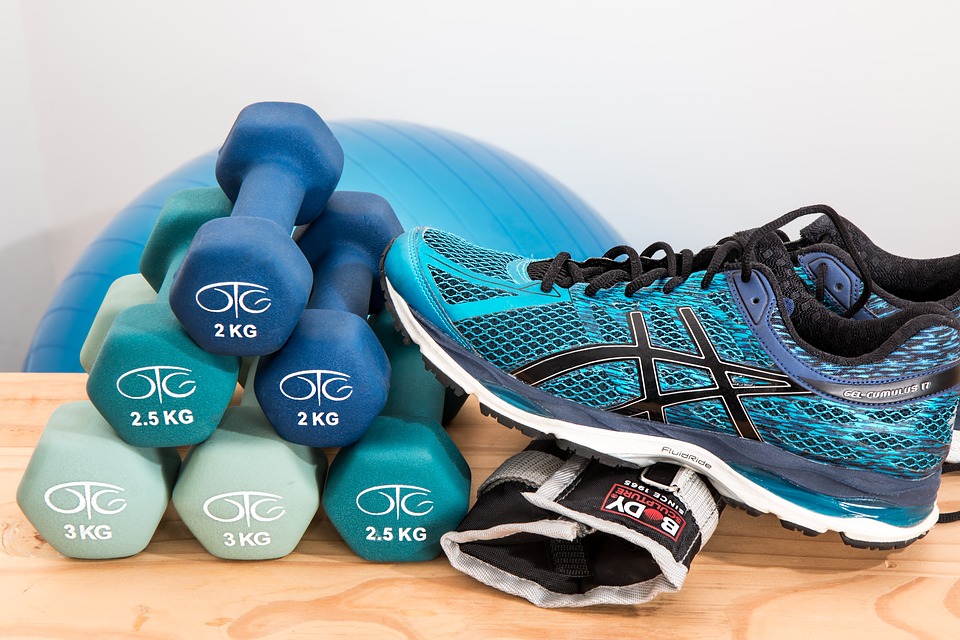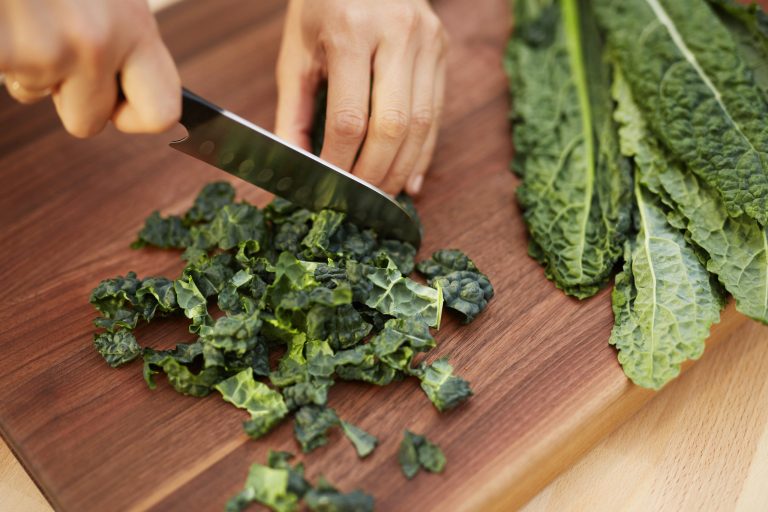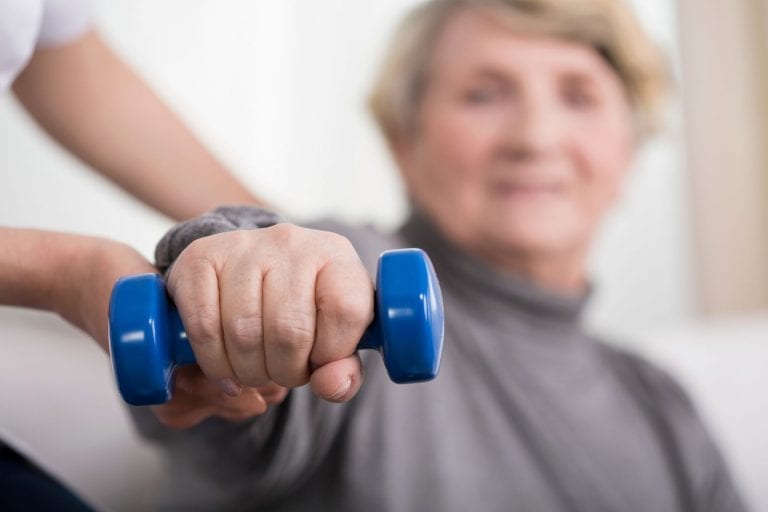
Everyone works out for different reasons. Some people are aiming to compete at a sport, for example, while others are simply looking to incorporate some self-care into their day. Depending on your personal goals, you may have tried different approaches to achieve them.
If you’re spending your time and energy exercising, you want to feel like it’s worth it. But it can feel frustrating when, even though you think you’re doing everything right, you’re not getting the results you want at the gym.
No matter your goals, it’s likely you’ve heard some conflicting advice. And with so many myths flying around about fitness, it can be easy to accidentally opt to follow bad advice.
You’re too focused on numbers
Heart rate, the weight you’re able to lift and other numerical markers can be useful tools for understanding your fitness level and progress. However, don’t get too caught up in these numbers. There are all kinds of things going on inside your body that could affect your performance on a given day.
You may not achieve the exact same heart rate every day, for instance, or the heat outdoors could slow down your average mile time. Additionally, many of the machines used to track numbers (such as step counters, smart watches and workout machines) aren’t accurate. Don’t give these metrics too much weight.
You expect specific results
Say you’re starting a new workout program you found from an influencer on Instagram. You may look at photos of them and expect that were you to do the same workouts, you’d end up with the same body type. However, this expectation is based on a myth.
Many people will pursue a workout plan with a specific result in mind and assume that it’s their fault when the program doesn’t deliver. You may never have that person’s flat stomach or toned arms, and that’s OK. Don’t let this discourage you from doing something that makes you feel strong and positive.
You’re not eating afterwards
Some people feel better working out once they’ve eaten a pre-workout snack, while others opt to wait until afterwards. That makes sense, since some people experience reactions to or may have difficulty digesting certain foods. However, after you work out you definitely need to eat.
Exercise uses up the body’s stores of glycogen, or accessible energy from food. You want to replenish these stores afterwards. If you don’t, your body may resort to breaking down muscle cells to access more fuel. This could counteract the strength you’re trying to build.
Additionally, your body needs nutrients from food (such as protein) in order to rebuild muscle that’s broken down during exercise. This process of rebuilding is what makes you stronger.
You’re not getting enough sleep
If you didn’t get enough sleep the night before, you may be better off skipping your workout entirely. In addition to the many other side effects of sleep deprivation, studies show that your body will struggle to repair muscle fibers as efficiently after your workout. If you’re consistently falling short of the hours of sleep you need, it could seriously hinder your progress.
You’re not switching things up
People often falter in their progress building strength or endurance because they do the same thing over and over again. Not only will this get dreadfully boring, it will also hold you back from future progress. If you run 5 miles three times a week for the rest of your life, you aren’t going to build the endurance to run farther.
Strength training lives by a similar logic. Don’t be afraid to grab a heavier dumbbell or challenge yourself with a more difficult routine. Once you start to feel like something feels dull or that you’re simply going through the motions, it’s time to switch things up.
You’re not having fun
In addition to giving yourself new challenges, you should also switch things up if you’re not having fun. Life is too short to spend it slaving away feeling miserable in a dull, smelly gym. The benefits of exercise (such as improved heart health, improved mood and protecting your brain from cognitive decline) occur no matter what type of exercise you do.
The important thing is to get your heart rate up in one way or another. Hate working out alone? Try a workout class with friends. Love spending time outside? Take your bike for a long, leisurely ride. Do what makes you happy.

























